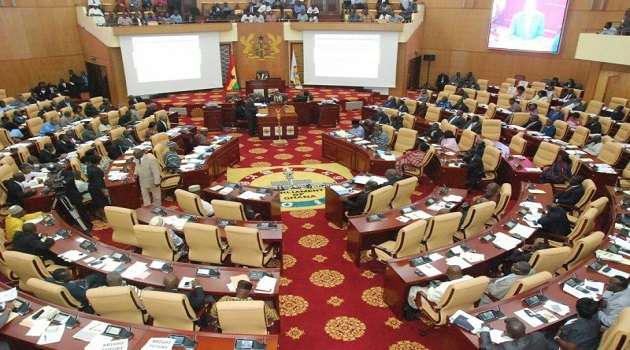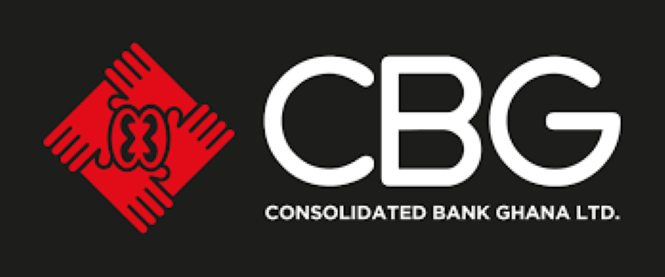
By Isaac FRIMPONG (Ph.D.)
Throughout this series, insights from Human Resource to Human Capital: The Essence of Population Management have demonstrated the wide-ranging impact of poor population management on Ghana’s education, healthcare, governance, infrastructure, housing, security, and overall national development.
Like many sub-Saharan African countries, Ghana faces a dual population challenge: rapid growth coupled with a limited capacity to effectively harness its population’s potential. This final piece presents actionable policy recommendations to promote sustainable population management and transform Ghana’s human resources into human capital, which is essential for enduring development.
Background
Ghana’s population is growing at an annual rate of 2.1 percent; more than twice the global average of 1 percent. No developed country maintains such a high growth rate, raising questions about how Ghana might reach similar levels of development or even surpass them. Consider Norway, for instance: with a land area 1.4 times that of Ghana, Norway’s population was 4 million in 1959, while Ghana’s was 6 million.
Six decades later, Norway’s population has grown to reach 6 million, whereas Ghana’s has surged to 35 million. In addition to effective population management, Norway’s GDP per capita stands at $90,430 compared to Ghana’s $2,230, life expectancy is 83 years versus Ghana’s 64, and Norway ranks 7th on the World Happiness Report while Ghana ranks 120th.
Unlike Norway, Ghana’s rapid population growth strains its resources, services and infrastructure, affecting key sectors like education, housing, healthcare, energy, and transportation and ultimately lowering living standards and raising rates of morbidity and mortality. Without proactive policies, Ghana’s current population of 35 million could exceed 60 million within three to four decades. The pressures on these sectors reflect the need for comprehensive strategies to ensure sustainable development.
To mitigate these pressures, it is essential to address the root causes of Ghana’s rapid population growth. Key drivers include child marriage, teenage pregnancy, unmet family planning needs, and limited access to reproductive health information and services. Addressing these factors is essential to unlocking Ghana’s human capital potential to support sustainable development.
Realising this potential will require targeted investments in social, economic, infrastructural, and technological sectors to keep pace with population demands. With comprehensive policy interventions, Ghana can transform its population growth from a looming crisis into an opportunity for national progress.
Lessons from Global Success Stories
Ghana’s challenges are not unique, and successful examples worldwide demonstrate how effective population management can spur national development. Notably, the United States of America, Thailand, Singapore, Rwanda, and Senegal have implemented population management strategies that align with their development goals:
- United States: With the establishment of the Office of Population Affairs over 50 years ago, the U.S.A. continues to prioritise population management, allocating $286.5 million in funding in 2021 alone.
- Thailand: Thailand’s programme success is due to political commitment, decentralised services, community involvement, integration of family planning with maternal and child health services, a range of contraceptive options, and private sector participation.
- Singapore: Recognising the importance of sustainable population management, Singapore implemented policies that supported stable population growth, leading to significant socio-economic progress.
- Rwanda: Rwanda’s approach emphasises homegrown policies that prioritise its population as a valuable resource. Family planning and education are considered essential for future national development.
- Senegal: Senegal achieved population management success through strong political will, religious partnerships, and innovative approaches such as the informed push model and task shifting.
Ghana’s policymakers can learn from these success stories, adapting effective practices to fit the local context and meet the nation’s unique challenges.

Policy Recommendations
Effective population management, both globally and in Ghana, calls for strong political commitment, sustainable domestic financing, and policies aligned with national development goals. The following recommendations offer a path forward:
- Eliminate Child Marriage: Child marriage disrupts education, social order and economic opportunities for young women, leading to high population growth and straining health and education systems. Major stakeholders, including traditional and religious leaders, and the Ministry of Gender, Children, and Social Protection, should lead the advocacy for the eradication of child marriage nationwide.
- Ensure Contraceptive Commodity Security: Government investment in the local production and distribution of contraceptives will increase accessibility and meet family planning needs, a critical component of population management.
- Integrate Family Planning with Immunisation Services: Combining family planning with immunisation services; particularly in rural areas; will improve access to reproductive health and prevent unintended pregnancies, supporting both maternal and child health.
- Promote Healthier Family Sizes: Public and religious campaigns promoting manageable family sizes can contribute to economic stability and a better quality of life. By reducing high-risk pregnancies, these efforts can also help lower government spending, enabling more equitable access to essential services.
- Address Teenage Pregnancy as a National Priority: With over 100,000 teen pregnancies annually, a national emergency response is warranted. Expanding adolescent-responsive health interventions and advocating through media channels can raise awareness and foster community-wide support for reducing teenage pregnancies.
- Reduce Inequality: Equitable access to resources and services is fundamental to managing population growth sustainably. Policies should aim to bridge gaps for underserved communities.
- Develop an Inclusive Communication Strategy: Foster partnerships among government, private sector, civil society, religious, and traditional leaders to promote a unified population management agenda. Community population and development committees can offer localised support for information and services.
Conclusion
Effective population management is essential to Ghana’s development agenda. Converting human resources into valuable human capital requires timely, well-coordinated investments in population management as a key element of governance.
To foster individual well-being, strengthen human capital, and drive socio-economic progress, leaders across the political spectrum must prioritise proven population management practices, as outlined in Human Resource to Human Capital: The Essence of Population Management.
With such measures, Ghana can lay a strong foundation for a prosperous, sustainable future for all citizens, regardless of birthplace or location.
Isaac is a Researcher and Consultant
The post Shaping the future: smart population policies for sustainable growth appeared first on The Business & Financial Times.
Read Full Story















Facebook
Twitter
Pinterest
Instagram
Google+
YouTube
LinkedIn
RSS